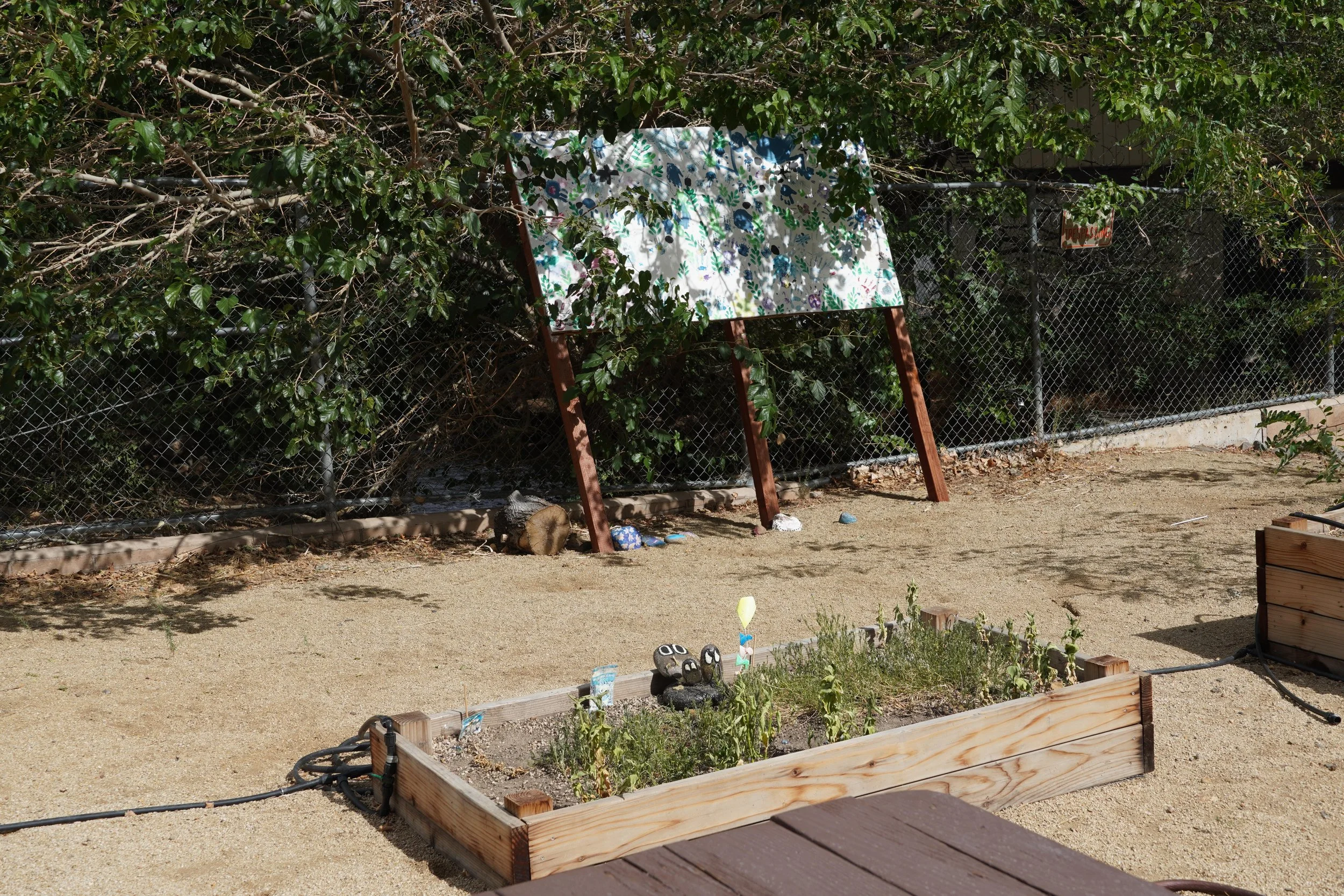While a local Reno Thacker Pass protest sign slowly frays, Nevada Senator Catherine Cortez Masto has been working on undoing a court decision that restricted mining companies’ use of federal lands for dumping and other non mining usage.
The Energy Permitting Reform Act would reverse the so-called Rosemont decision which in 2022 ruled for a strict interpretation of the 150-year-old General Mining Law, restricting mining companies from using federal lands without valuable mineral deposits for mining related purposes, such as waste rock disposal or running power lines.
This affected the Thacker Pass project, when a district judge citing Rosemont determined federal law had been violated over an approval to bury 1,300 acres of nonmineral public land under waste rock.
Former progressive presidential candidate Bernie Sanders was one of the few to vote down the mining reform legislation when it moved out of the Senate Energy and Natural Resources Committee late last month.
“If we want to continue to lead the world in clean energy development, we need to make federal permitting processes more efficient,” Cortez Masto said in a statement.
The Thacker Pass lithium mine has been advertised by the Biden administration as a key resource to build up cleaner energy, while more and more environmentalists warn against this type of greenwashing rhetoric, saying lithium mines pose their own set of environmental problems.
Protests against the mine’s location and development have also focused on its placement on sacred Indigenous land.
In a pinned tweet the Great Basin Resource Watch organization wrote “dirty mining does not equal clean energy.”
In a tweet from August 9th, WildLands Defense wrote: “So the Democrats, Catherine Cortez-Masto at the helm, are going to ram the Mining Law of 1871 through. Innocuously calling it permit revision. She would never set foot at Thacker Pass despite tribal & enviro pleas to see the site.”
In a comment to that tweet Basin and Range Watch added : “She is a sell out to industry.”
In a letter prior to the vote, several hundred groups including Great Basin Resource Watch called the bill a “wishlist for the most toxic industry in America, the mining industry… It also allows companies to file an unlimited number of mill site claims that will be used for dumping their waste or building roads and pipelines on public lands.”
If instead, the old law were to keep being upheld, non mining sites for mining related activities would be confined to just five acres, making it much costlier for mining groups to operate.
At this point, the advancing bill would also shorten the statute of limitations on lawsuits against mining projects to just 150 days.
The bill does face hurdles, in an election year, with 60 votes needed in Senate to avoid a filibuster, and one of its main backers, West Virginia Senator Joe Manchin set to retire at the end of the year.
Our Town Reno reporting, August 2024


















































